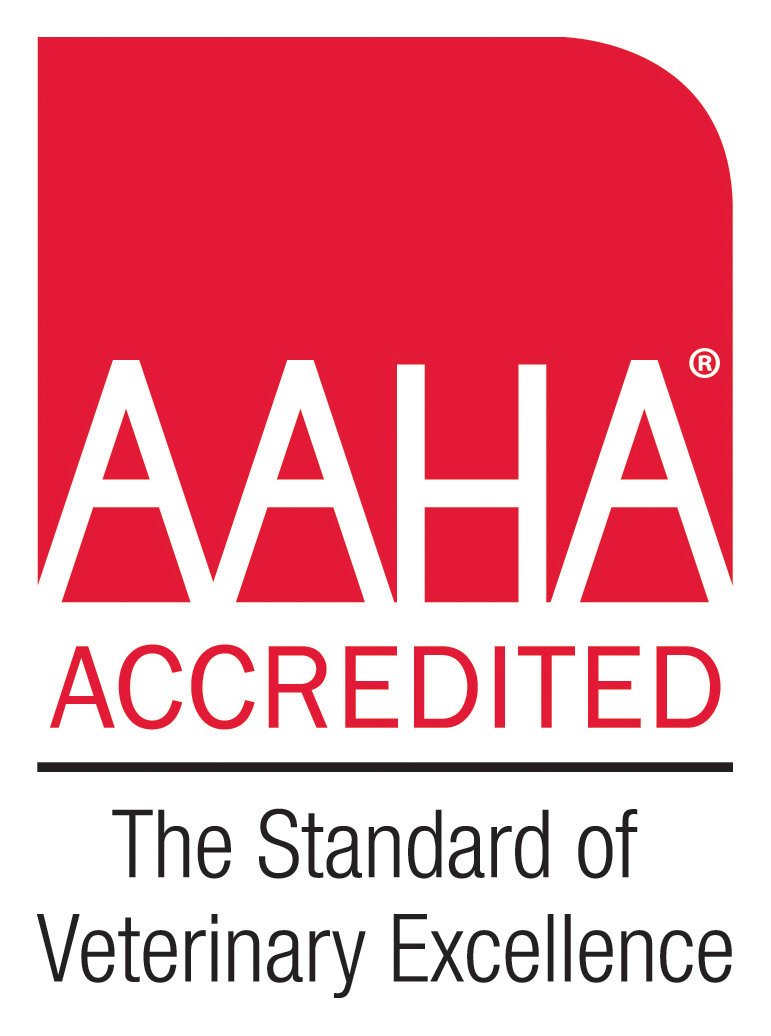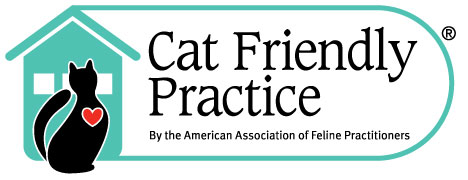Animal Care Tips – Happy New Year!
Well, we made it through Christmas and now 2007 is just 2 days away! Are you going to make any New Year ™s resolutions this year? Maybe you could make some resolutions for your pets. People often decide to lose weight, and most frequently fall short on these plans. Why don ™t you resolve to [...]



